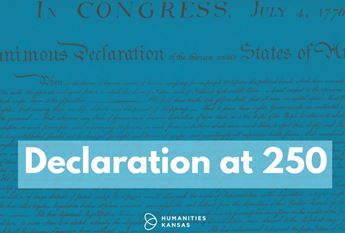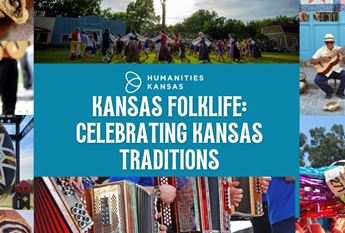Request a Speaker
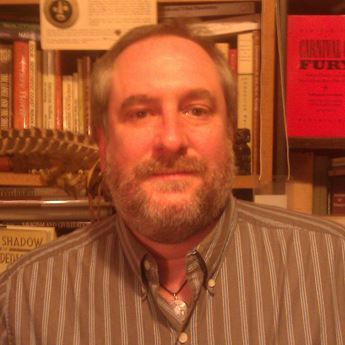 Eric P. Anderson
A History of the American Indian Boarding Schools
This presentation examines the thinking behind the creation of federal schools for American Indian children and how this affected Native communities in the short and long term.
Speaker Details
Eric P. Anderson
A History of the American Indian Boarding Schools
This presentation examines the thinking behind the creation of federal schools for American Indian children and how this affected Native communities in the short and long term.
Speaker Details
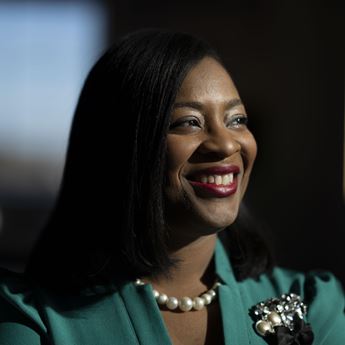 Prisca Barnes
The Dockum Drugstore Sit-in
In July 1958, Black students gathered at downtown Wichita's Dockum Drugstore to stage a peaceful protest against the unequal practice of segregation. What happened during the three-week sit-in?
Speaker Details
Prisca Barnes
The Dockum Drugstore Sit-in
In July 1958, Black students gathered at downtown Wichita's Dockum Drugstore to stage a peaceful protest against the unequal practice of segregation. What happened during the three-week sit-in?
Speaker Details
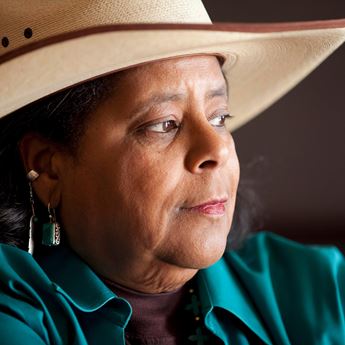 Angela Bates
Children of the Promised Land
Nicodemus, a small unincorporated town in Graham County, is the only remaining western town
that was established by African Americans during the Reconstruction Period following the Civil
War.
Speaker Details
Angela Bates
Children of the Promised Land
Nicodemus, a small unincorporated town in Graham County, is the only remaining western town
that was established by African Americans during the Reconstruction Period following the Civil
War.
Speaker Details
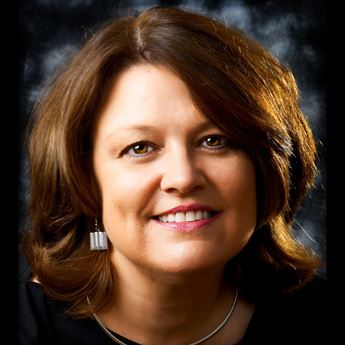 Beverley Olson Buller
William Allen White and the KKK In Kansas
The tumultuous 1924 Kansas Gubernatorial campaign was the time William Allen White chased the Ku Klux Klan out of Kansas.
Speaker Details
Beverley Olson Buller
William Allen White and the KKK In Kansas
The tumultuous 1924 Kansas Gubernatorial campaign was the time William Allen White chased the Ku Klux Klan out of Kansas.
Speaker Details
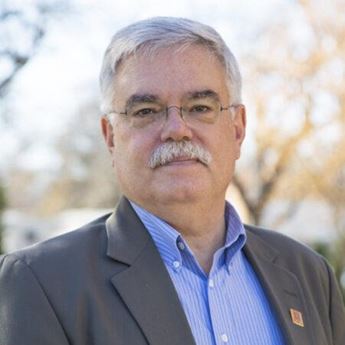 John Burchill
People, Places, and Politics in 1800s Kansas
Pioneer James R. Mead was a man of his times, and is now considered one of Wichita's founding fathers. What can be learned from Mead's influence on the state's early development?
Speaker Details
John Burchill
People, Places, and Politics in 1800s Kansas
Pioneer James R. Mead was a man of his times, and is now considered one of Wichita's founding fathers. What can be learned from Mead's influence on the state's early development?
Speaker Details
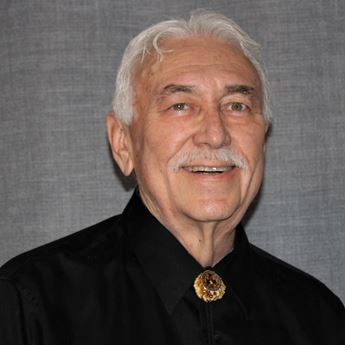 Gene Chávez
Flour Power
During the period of the Mexican Revolution, many immigrants made their way to Kansas to raise their families and work in the railroad, agricultural, industrial, and hospitality sectors of the state.
Speaker Details
Gene Chávez
Flour Power
During the period of the Mexican Revolution, many immigrants made their way to Kansas to raise their families and work in the railroad, agricultural, industrial, and hospitality sectors of the state.
Speaker Details
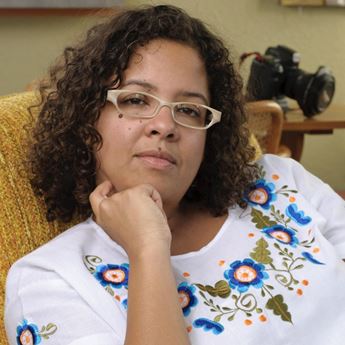 Ann Dean
The Power of Imagery and the Civil Rights Experience
This presentation will delve into the impact of photography on the civil rights movement in the aftermath of the landmark Supreme Court case, Brown v. Board of Education.
Speaker Details
Ann Dean
The Power of Imagery and the Civil Rights Experience
This presentation will delve into the impact of photography on the civil rights movement in the aftermath of the landmark Supreme Court case, Brown v. Board of Education.
Speaker Details
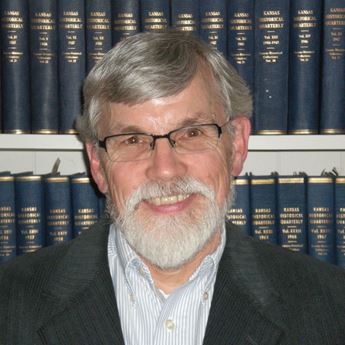 Virgil Dean
"We, The People of Kansas..." The Story of Kansas's Founding Documents, 1820-2020
A nation or state's founding documents speak to the values and aspirations of its people, and at a functional level, provide the functions of government. For Kansas, this is the 1859 Wyandotte Constitution.
Speaker Details
Virgil Dean
"We, The People of Kansas..." The Story of Kansas's Founding Documents, 1820-2020
A nation or state's founding documents speak to the values and aspirations of its people, and at a functional level, provide the functions of government. For Kansas, this is the 1859 Wyandotte Constitution.
Speaker Details
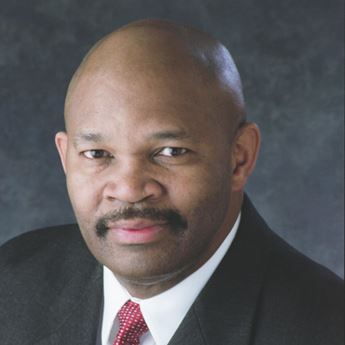 Phil Dixon
The Kansas City Monarchs and America's National Pastime
The history of Negro League baseball in America mirrors the racial strife experienced by African Americans in society. This talk sheds new light on this sports history and the history of baseball in Kansas.
Speaker Details
Phil Dixon
The Kansas City Monarchs and America's National Pastime
The history of Negro League baseball in America mirrors the racial strife experienced by African Americans in society. This talk sheds new light on this sports history and the history of baseball in Kansas.
Speaker Details
 Adam Hodge
Kansas 1776: A Dynamic Landscape
This presentation explores how the land we call Kansas has transformed since 1776 to shape and reshape what would become the sunflower state.
Speaker Details
Adam Hodge
Kansas 1776: A Dynamic Landscape
This presentation explores how the land we call Kansas has transformed since 1776 to shape and reshape what would become the sunflower state.
Speaker Details
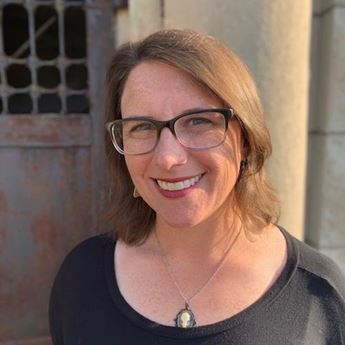 Katie Keckeisen
Life in Kansas During the Dust Bowl
Black Sunday – April 14, 1935 – is an unforgettable moment in history. How did Kansans respond to this challenging moment in history?
Speaker Details
Katie Keckeisen
Life in Kansas During the Dust Bowl
Black Sunday – April 14, 1935 – is an unforgettable moment in history. How did Kansans respond to this challenging moment in history?
Speaker Details
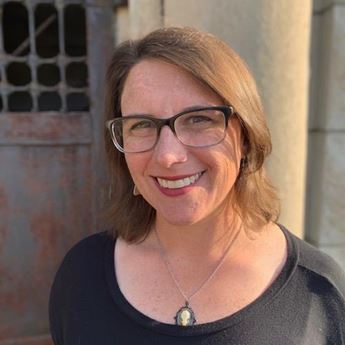 Katie Keckeisen
Beyond the Veil: A History of Spiritualism
It seems one of the eternal questions that has plagued humanity centers around what happens to us when we die. Most modern religions try to tackle this question, but no did so with more fervor that modern Spiritualism.
Speaker Details
Katie Keckeisen
Beyond the Veil: A History of Spiritualism
It seems one of the eternal questions that has plagued humanity centers around what happens to us when we die. Most modern religions try to tackle this question, but no did so with more fervor that modern Spiritualism.
Speaker Details
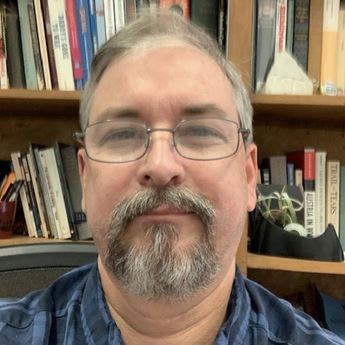 Isaias McCaffery
Last Stand at Rebel Creek: The Osage as Union Allies in Civil War Kansas
As conflicts between states increased during the Civil War, both the Union and the Confederacy tried to use the Osage to achieve their own aims. This presentation explores the Osage contributions to the Union cause in Kansas during the Civil War.
Speaker Details
Isaias McCaffery
Last Stand at Rebel Creek: The Osage as Union Allies in Civil War Kansas
As conflicts between states increased during the Civil War, both the Union and the Confederacy tried to use the Osage to achieve their own aims. This presentation explores the Osage contributions to the Union cause in Kansas during the Civil War.
Speaker Details
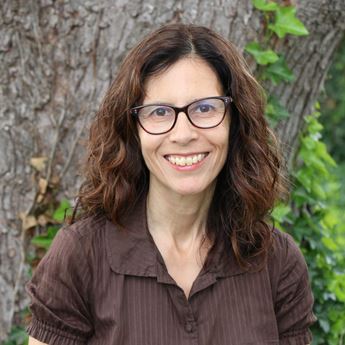 Valerie Mendoza
Beyond Brown: Mexican Struggles for Equality Before and After Brown V. Board
This presentation looks at the ways the Latino communities banded together to fight discrimination and demand equal protection under the law, focusing special attention on Kansas examples.
Speaker Details
Valerie Mendoza
Beyond Brown: Mexican Struggles for Equality Before and After Brown V. Board
This presentation looks at the ways the Latino communities banded together to fight discrimination and demand equal protection under the law, focusing special attention on Kansas examples.
Speaker Details
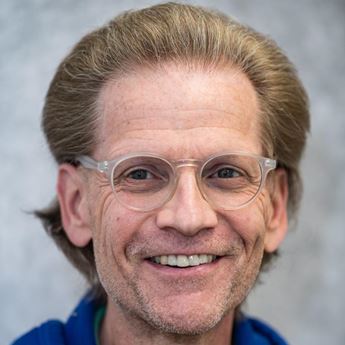 Ray Mizumura-Pence
The Disability Rights Movement
In the 1960s, people with disabilities and their allies fought to ensure full citizenship and civil rights to a population often overlooked or approached with pity.
Speaker Details
Ray Mizumura-Pence
The Disability Rights Movement
In the 1960s, people with disabilities and their allies fought to ensure full citizenship and civil rights to a population often overlooked or approached with pity.
Speaker Details
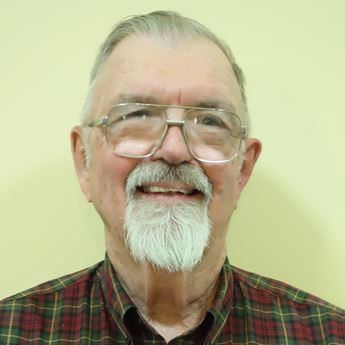 Leo E. Oliva
Railroaded: The Industry That Shaped Kansas
This presentation examines the complicated legacy of railroads and the impact on native peoples who called Kansas home.
Speaker Details
Leo E. Oliva
Railroaded: The Industry That Shaped Kansas
This presentation examines the complicated legacy of railroads and the impact on native peoples who called Kansas home.
Speaker Details
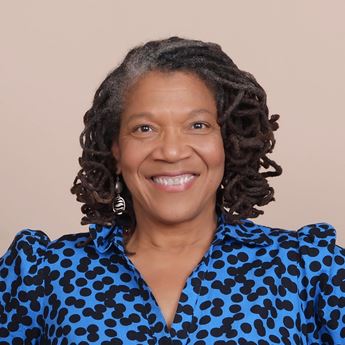 Donna Rae Pearson
Mapping Inequality
This presentation explores the history of redlining and its lingering impact on today’s communities.
Speaker Details
Donna Rae Pearson
Mapping Inequality
This presentation explores the history of redlining and its lingering impact on today’s communities.
Speaker Details
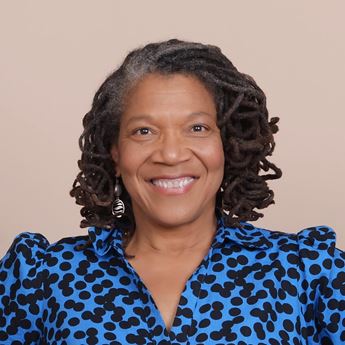 Donna Rae Pearson
The Women of Brown
Twelve Black women were at the forefront of the civil rights movement as plaintiffs in the landmark Brown v. Board of Education case. This presentation will shine a light on their stories.
Speaker Details
Donna Rae Pearson
The Women of Brown
Twelve Black women were at the forefront of the civil rights movement as plaintiffs in the landmark Brown v. Board of Education case. This presentation will shine a light on their stories.
Speaker Details
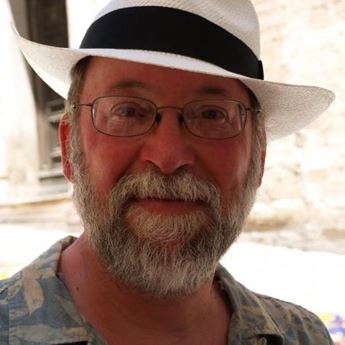 Thomas Prasch
World's Fair Remnants in Kansas
This talk will share the history and significance of international exhibitions worldwide and focus on the wonders held today in the towns of Lawrence, Lindsborg, and Wamego.
Speaker Details
Thomas Prasch
World's Fair Remnants in Kansas
This talk will share the history and significance of international exhibitions worldwide and focus on the wonders held today in the towns of Lawrence, Lindsborg, and Wamego.
Speaker Details
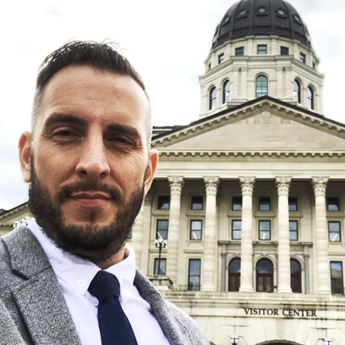 Murl Riedel
A New Generation of Veterans: Stories From Iraq and Afghanistan
Soldiers from Kansas were some of the first deployed to fight in Iraq and Afghanistan. They returned again and again, yet their stories remain largely untold.
Speaker Details
Murl Riedel
A New Generation of Veterans: Stories From Iraq and Afghanistan
Soldiers from Kansas were some of the first deployed to fight in Iraq and Afghanistan. They returned again and again, yet their stories remain largely untold.
Speaker Details
 Murl Riedel
Architecture of the People's Houses
Kansas has 105 county courthouses and hundreds of city halls, plus a few more state capitals than you might expect. The designs of these buildings tell us about the evolution of local government in the state.
Speaker Details
Murl Riedel
Architecture of the People's Houses
Kansas has 105 county courthouses and hundreds of city halls, plus a few more state capitals than you might expect. The designs of these buildings tell us about the evolution of local government in the state.
Speaker Details
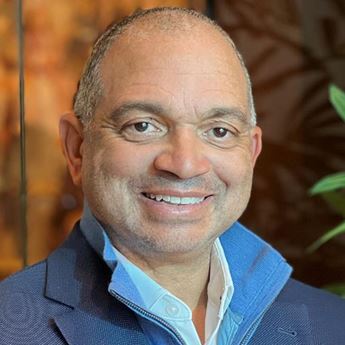 Eric Sexton
Remembering Brown v Board of Education
This presentation will explore the intricacies of the five cases included in Brown v. Board of Education of Topeka and explore the transformative impact of this landmark decision.
Speaker Details
Eric Sexton
Remembering Brown v Board of Education
This presentation will explore the intricacies of the five cases included in Brown v. Board of Education of Topeka and explore the transformative impact of this landmark decision.
Speaker Details
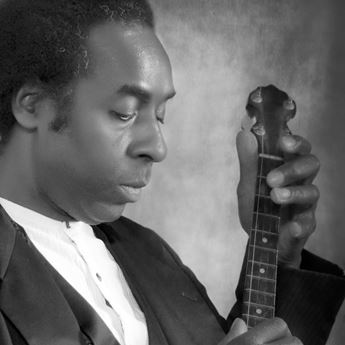 Lem Sheppard
African American Musicians in Kansas 1860-1920
African American musicians from 1860-1920 are often part of an under-told story in Kansas history.
Speaker Details
Lem Sheppard
African American Musicians in Kansas 1860-1920
African American musicians from 1860-1920 are often part of an under-told story in Kansas history.
Speaker Details
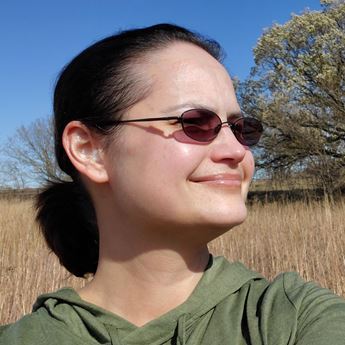 Diana Staresinic-Deane
Researching Your Home and the People Who Lived There
Researching a property -- whether an old home, a new business, or a section of pastureland -- can do more than tell us the history of a space; it can also help us build a human connection to the people who came before us and their experiences.
Speaker Details
Diana Staresinic-Deane
Researching Your Home and the People Who Lived There
Researching a property -- whether an old home, a new business, or a section of pastureland -- can do more than tell us the history of a space; it can also help us build a human connection to the people who came before us and their experiences.
Speaker Details
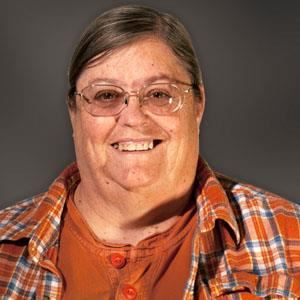 Mary Ann Thompson
Married to Adventure: Osa and Martin Johnson's Films
Pioneers in the early history of documentary filmmaking, Kansans Osa and Martin Johnson traveled the world filming people and wildlife in early 20th century.
Speaker Details
Mary Ann Thompson
Married to Adventure: Osa and Martin Johnson's Films
Pioneers in the early history of documentary filmmaking, Kansans Osa and Martin Johnson traveled the world filming people and wildlife in early 20th century.
Speaker Details
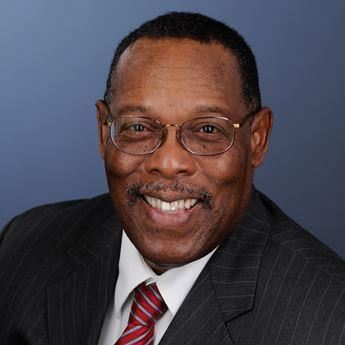 John Edgar Tidwell
Good Trouble
The late political activist and U.S. congressman John Lewis coined the phrase “good trouble” to describe his civil disobedience in the 1960s. Others, who did not share his vision, considered his actions as merely “disturbing the peace.”
Speaker Details
John Edgar Tidwell
Good Trouble
The late political activist and U.S. congressman John Lewis coined the phrase “good trouble” to describe his civil disobedience in the 1960s. Others, who did not share his vision, considered his actions as merely “disturbing the peace.”
Speaker Details
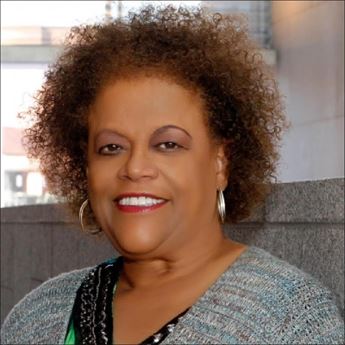 Carmaletta Williams
Free Did Not Mean Welcome
Discover how many realized that for Black people in Kansas “free” did not necessarily mean “welcome
Carmaletta Williams
Free Did Not Mean Welcome
Discover how many realized that for Black people in Kansas “free” did not necessarily mean “welcome


